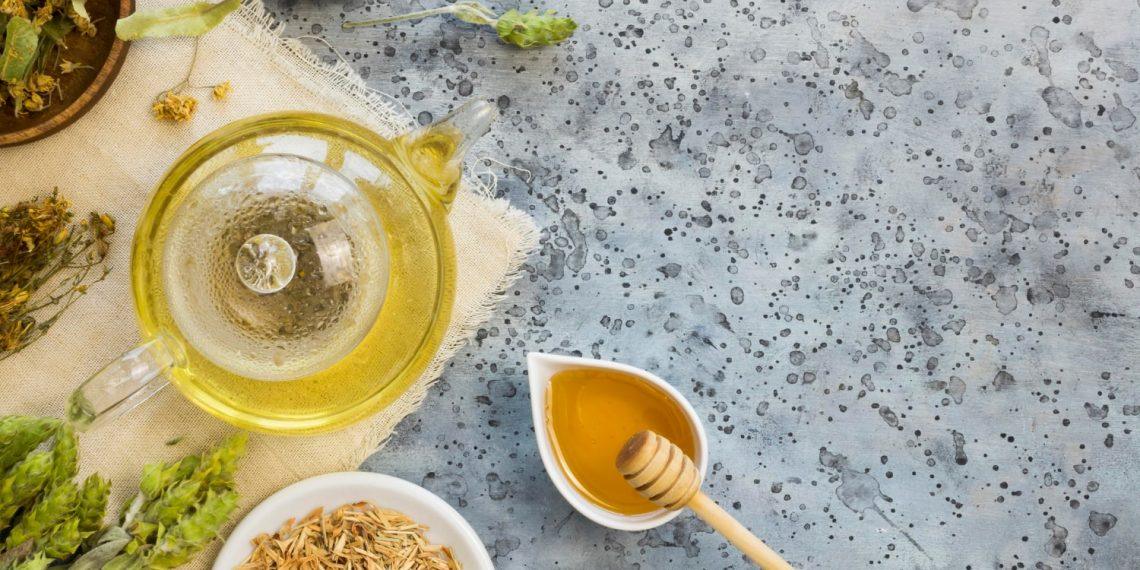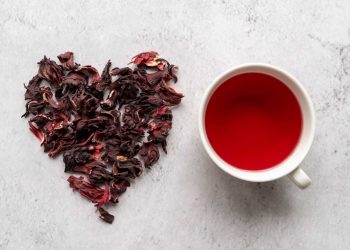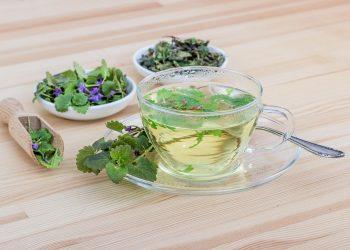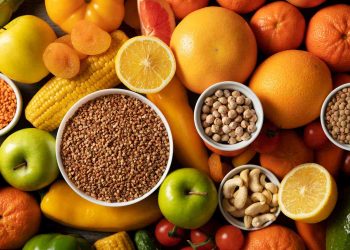Nutrient-dense foods that boost weight loss fast aren’t just a trend; they’re a lifestyle choice that can transform your health journey. When you fill your plate with foods that are rich in nutrients yet low in calories, you set yourself up for success. It’s about making smarter choices that nourish your body and keep you satisfied. Let’s dive into the world of nutrient-dense foods and discover how they can help you shed those extra pounds while feeling energized and vibrant.
Contents
What Are Nutrient-Dense Foods?
Nutrient-dense foods are those that provide a high number of vitamins, minerals, and other beneficial nutrients relative to their calorie content. Think of them as the all-stars of the food world—packed with goodness without empty calories. By focusing on these foods, you not only support weight loss but also boost your overall health.
Why Does This Matter?
When you’re trying to lose weight, it can be tempting to cut calories drastically. But this often backfires. Instead of feeling energized, you feel drained. Nutrient-dense foods give you the fuel to keep moving, stay motivated, and maintain a positive mindset. They help you feel full longer, curb cravings, and support your metabolism, making your weight loss journey not just a goal, but a sustainable lifestyle.
1. Leafy Greens
Leafy greens like spinach, kale, and Swiss chard are low in calories but high in nutrients. They are loaded with vitamins A, C, and K, and are rich in antioxidants.
- Why You Need Them: Their high fiber content makes you feel full, reducing the urge to snack on unhealthy options. Plus, they’re versatile and can be tossed into salads, smoothies, or stir-fries.
2. Berries
Berries such as blueberries, strawberries, and raspberries are bursting with flavor and nutrients. They’re low in sugar and high in fiber, making them excellent for weight loss.
- Why You Need Them: Berries are high in antioxidants, which help fight inflammation and oxidative stress in your body. They can satisfy your sweet tooth without the guilt.
3. Eggs
Eggs are a powerhouse of protein and healthy fats. They promote satiety and are incredibly versatile.
- Why You Need Them: Starting your day with eggs can keep you full for hours, helping you avoid those mid-morning snacks. Plus, they’re packed with essential nutrients such as B vitamins and choline, which supports brain health.
4. Quinoa
Quinoa is a whole grain that’s gluten-free and provides all nine essential amino acids. It’s a fantastic source of protein and fiber.
- Why You Need It: This grain is not only filling but also versatile. Use it in salads, as a side dish, or even in breakfast bowls. It keeps your energy levels steady and helps you feel satisfied.
5. Greek Yogurt
Greek yogurt is thicker than regular yogurt and has more protein, making it a great choice for weight loss.
- Why You Need It: The probiotics in Greek yogurt support gut health, and its protein content helps keep you feeling full. Mix it with fruits or nuts for a delicious snack or breakfast option.
6. Nuts and Seeds
Almonds, walnuts, chia seeds, and flaxseeds are nutrient-dense snacks that provide healthy fats, protein, and fiber.
- Why You Need Them: They keep you satisfied when hunger strikes. A small handful can be a great addition to your meals or can serve as a quick snack. Just remember to watch your portion sizes!
7. Salmon
Salmon is a fatty fish rich in omega-3 fatty acids and protein. It’s incredibly nutritious and delicious.
- Why You Need It: Consuming salmon can help reduce inflammation and promote heart health. It also keeps you full longer and supports muscle maintenance during weight loss.
8. Legumes
Beans, lentils, and chickpeas are high in protein and fiber, making them fantastic for weight loss.
- Why You Need Them: They’re filling and versatile. Toss them in salads, soups, or use them as a base for veggie burgers. They provide sustained energy and can help regulate blood sugar levels.
9. Sweet Potatoes
Sweet potatoes are not just delicious; they’re also packed with vitamins A and C, fiber, and antioxidants.
- Why You Need Them: They’re a great alternative to regular potatoes, offering more nutrients and fiber. Bake, mash, or roast them for a satisfying side dish.
10. Avocado
Avocados are rich in healthy fats, fiber, and various vitamins and minerals.
- Why You Need Them: They add creaminess to your meals without the guilt. Avocados can help you feel full and satisfied while providing essential nutrients that support overall health.
Incorporating Nutrient-Dense Foods into Your Diet
Now that you know the heavy hitters, how can you incorporate these nutrient-dense foods into your daily meals? Here are some practical tips:
- Breakfast: Start your day with a veggie-packed omelet, topped with avocado and a side of berries.
- Lunch: Create a hearty salad with leafy greens, quinoa, chickpeas, and topped with grilled salmon.
- Snacks: Keep Greek yogurt and nuts handy for quick and satisfying snacks.
- Dinner: Roast sweet potatoes alongside a protein of your choice, like chicken or fish, and serve with steamed vegetables.
The Benefits of Nutrient-Dense Foods
Choosing nutrient-dense foods that boost weight loss fast comes with a treasure trove of benefits:
- Increased Energy: You’ll feel more energized and ready to tackle your day.
- Better Mood: Nutrient-rich foods can promote better mental health by stabilizing mood swings.
- Improved Digestion: High-fiber foods support digestive health and regularity.
- Sustained Weight Loss: You’re more likely to stick with your weight loss goals when you feel satisfied and nourished.
Bottom Line
Nutrient-dense foods are your allies in the quest for weight loss and overall health. By choosing foods that nourish rather than deplete, you empower yourself to make lasting changes. Start integrating these foods into your meals, and watch as your body transforms, feeling more vibrant and alive.
Ready to make a change? Start with one nutrient-dense food today and see how it makes a difference in your life.
FAQ
1. Can I eat too much of nutrient-dense foods?
Yes, while they are low in calories, portion control is still important.
2. Are all fruits and vegetables nutrient-dense?
Not all are created equal. Focus on those high in fiber and vitamins, like leafy greens and berries.
3. How do I know if a food is nutrient-dense?
Look for foods that are high in nutrients but low in calories, such as vegetables, lean proteins, and whole grains.
Embrace the journey ahead. You’ve got this!
Get Your FREE Natural Health Guide!
Subscribe now and receive our exclusive ebook packed with natural health tips, practical wellness advice, and easy lifestyle changes — delivered straight to your inbox.
















